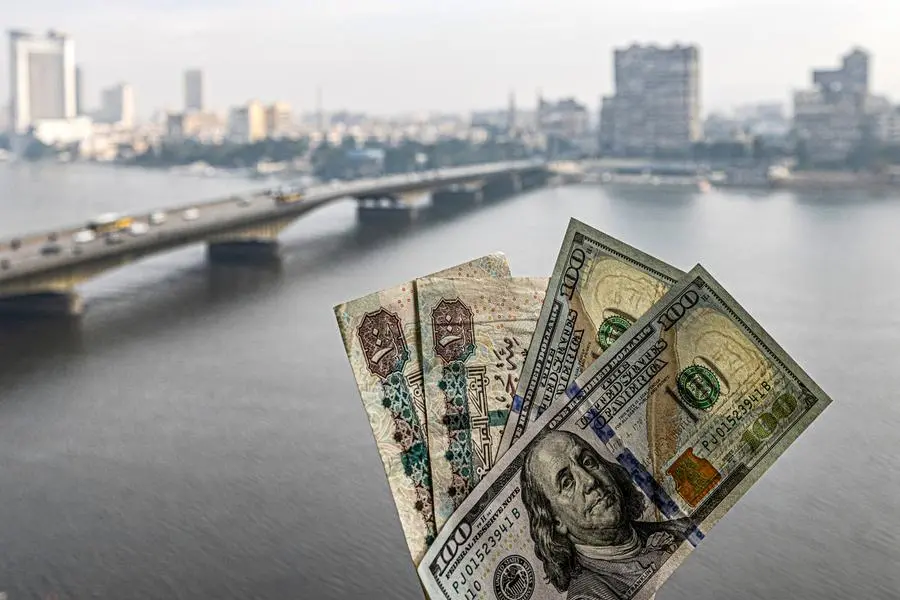PHOTO
Egypt is set to see GDP growth slow to 3.2% in fiscal year 2023/24, before increasing gradually to 5.1% by fiscal year 2025/26, according to the Organisation for Economic Co-operation and Development (OECD).
According to OECD's first economic survey of Egypt, growth is expected to be "driven by growing consumption, provided inflation subsides and despite the gradual withdrawal of fiscal support".
Egypt reported that headline inflation rate for January slowed for a fourth consecutive month, easing from 33.6% year-on-year (YoY) in December to 29.9% YoY. The country is reeling from an macroeconomic crises as it battles inflation alongside a plunging currency and low foreign reserves.
“Economic growth has held up remarkably well through the COVID-19 pandemic and subsequent shocks of higher food and energy prices. Bringing inflation under control is now a key near-term priority to spur consumption and strengthen growth. Monetary policy needs to remain restrictive until inflation comes back to target,” OECD Secretary-General Mathias Cormann said, presenting the Survey alongside Egypt's Minister of Planning and Economic Development Hala El-Said.
“A comprehensive consolidation strategy is needed to improve investor confidence in public finances and ease financing conditions. Stepping up structural reform efforts, building on previous reforms, to reinvigorate private sector activity and investment, by removing administrative barriers, ensuring a level-playing field between private and state-owned companies and stepping up the fight against corruption will help boost productivity and long-term growth,” said Cormann.
The OECD report says investment will remain weak as long as financing conditions remain tight in the context of the continuing fight against inflation. Export growth is expected to pick up if geopolitical tensions in the region recede.
(Writing by Brinda Darasha; editing by Daniel Luiz)





















